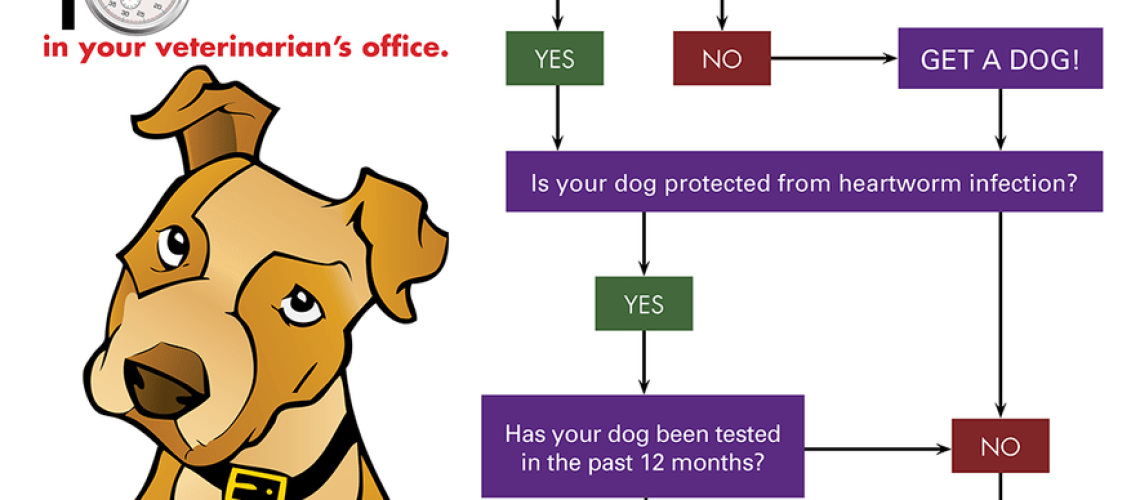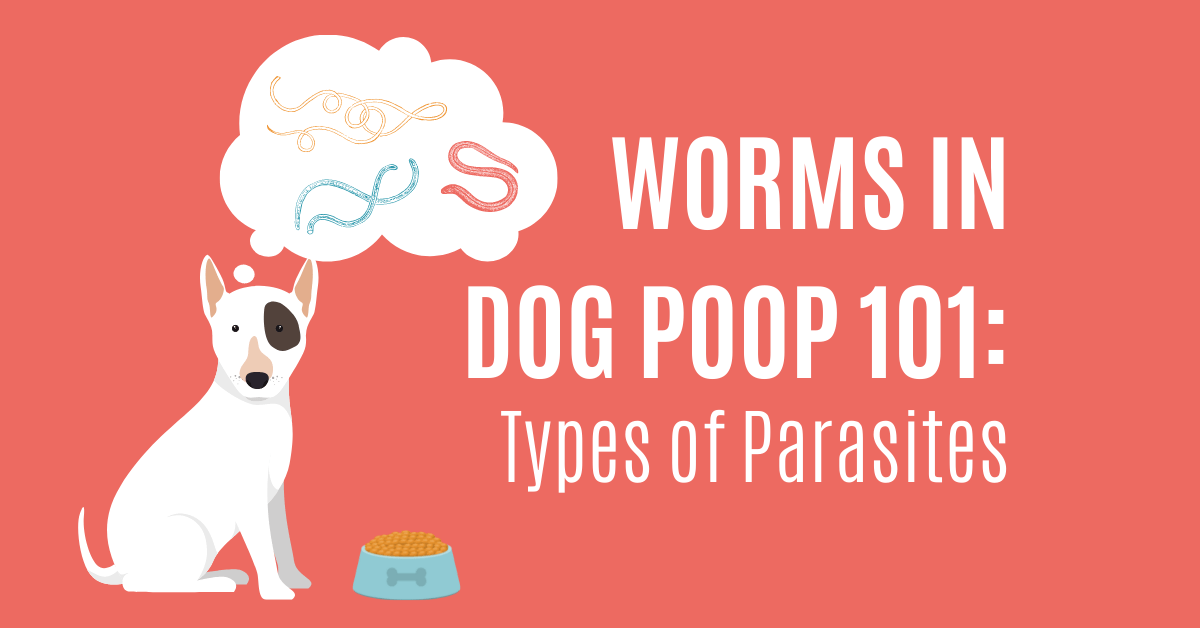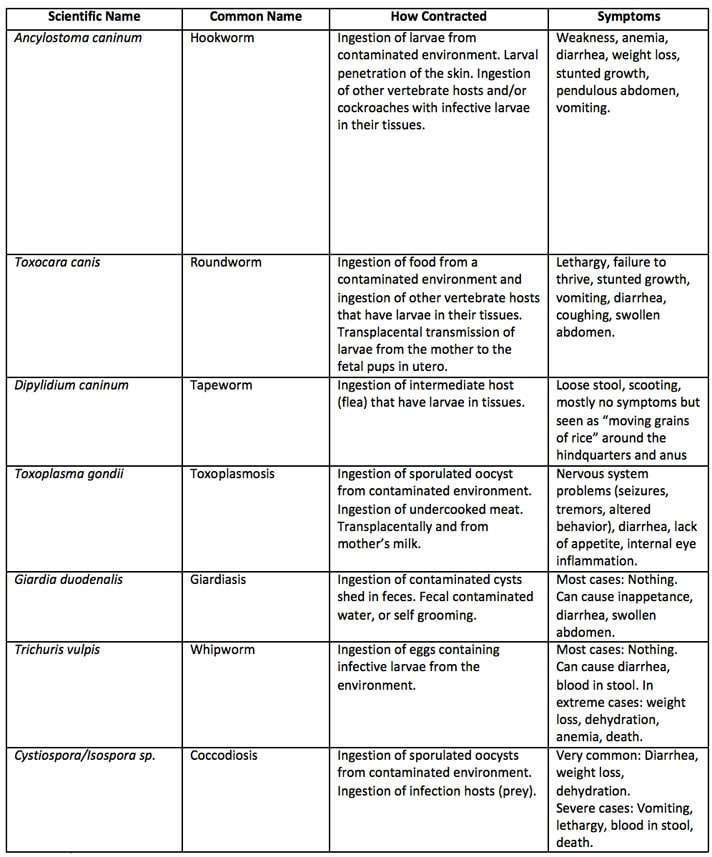Key Takeaways:
-
1. Heartworm disease in dogs can be a serious and potentially fatal condition if left untreated.
2. Treatment for heartworm disease typically involves a series of injections to kill the adult worms.
3. Strict exercise restriction is crucial during and after treatment to prevent complications.
4. Regular testing and preventative measures, such as monthly heartworm medication, are essential to prevent future infections.
5. Early detection and prompt treatment offer the best chances of successfully managing heartworm disease in dogs.
Are you a dog lover? If so, then understanding how to treat heartworm disease in dogs is essential for ensuring the health and well-being of your furry friend. Heartworm disease is a serious and potentially life-threatening condition that affects thousands of dogs each year. By delving into this subject, you will gain valuable knowledge on how to prevent, diagnose, and treat this silent killer. With clear and simple language suitable for a 7th grader, we will explore the best practices and techniques to keep your canine companion safe from this deadly disease. So let's dive in and equip ourselves with the tools needed to protect our four-legged friends from heartworm disease!
Understanding Heartworm Disease in Dogs
What is Heartworm Disease?
Heartworm disease is a serious and potentially deadly condition that affects dogs. It is caused by a parasitic worm called Dirofilaria immitis, which is transmitted through the bite of infected mosquitoes. These worms live in the heart, lungs, and blood vessels of affected dogs, causing damage to these organs over time.
How Does Heartworm Disease Spread?
When a mosquito bites an infected dog, it ingests microscopic baby worms called microfilariae. These microfilariae mature into infective larvae inside the mosquito. When the mosquito then bites another dog, it transfers these infective larvae into the new host's bloodstream. Over several months, these larvae grow into adult worms and take up residence in the heart and lungs of the dog.
The Importance of Preventing Heartworm Disease in Dogs
Why Preventing Heartworm Disease is Essential
Preventing heartworm disease is crucial because once a dog becomes infected, treatment can be expensive and challenging. The disease can cause severe damage to a dog's organs and even lead to death if left untreated. Prevention is much easier and more cost-effective than treating an already infected dog.
How to Prevent Heartworm Disease
There are several methods available for preventing heartworm disease in dogs. The most common approach involves giving monthly preventive medications that kill any immature heartworms present in the dog's body before they have a chance to develop into adults. It is essential to administer these preventives consistently throughout the year, as mosquitoes can be active even during colder months.
- Administer monthly preventive medications recommended by your veterinarian.
- Keep your dog indoors during peak mosquito activity times.
- Use mosquito repellents specifically formulated for dogs when spending time outdoors.
- Remove standing water sources in your yard to reduce mosquito breeding grounds.
Diagnosing Heartworm Disease in Dogs: What You Need to Know
Signs and Symptoms of Heartworm Disease
In the early stages, heartworm disease may not show any visible signs. However, as the infection progresses, dogs may exhibit symptoms such as coughing, difficulty breathing, fatigue, weight loss, and a decreased appetite. In severe cases, dogs may develop a swollen belly due to fluid accumulation.
Diagnostic Tests for Heartworm Disease
To diagnose heartworm disease in dogs, veterinarians typically perform blood tests that detect the presence of adult worms or their offspring (microfilariae). These tests are usually accurate but may require confirmation with additional tests like chest X-rays or ultrasound imaging.
- Antigen Test: This test detects a protein produced by adult female heartworms.
- Microfilariae Test: This test looks for the presence of microfilariae in the dog's bloodstream.
- Imaging Tests: Chest X-rays or ultrasound scans can help visualize the damage caused by heartworms in the lungs and heart.
Treatment Options for Heartworm Disease in Dogs: Explained
When it comes to treating heartworm disease in dogs, there are several options available. The most common treatment involves the use of medications that kill the adult heartworms. These medications, known as adulticides, work by targeting and eliminating the worms from the dog's body. One commonly used adulticide is melarsomine dihydrochloride, which is injected into the dog's muscles to kill the worms.
In addition to adulticides, dogs with heartworm disease may also be prescribed medications called microfilaricides. These medications target and eliminate the immature heartworms, known as microfilariae, that circulate in the dog's bloodstream. Examples of microfilaricides include ivermectin and milbemycin oxime.
Using Adulticides to Treat Heartworm Disease
The use of adulticides is a crucial step in treating heartworm disease in dogs. It is important to note that this treatment can be quite intensive and may require hospitalization for your furry friend. The injections of melarsomine dihydrochloride need to be administered deep into the muscle tissue and can cause pain and inflammation at the injection site.
Potential Side Effects of Adulticide Treatment
- Coughing or gagging
- Lethargy or weakness
- Loss of appetite
- Vomiting or diarrhea
- Allergic reactions
Medications that Can Help Treat Heartworm Disease in Dogs
In addition to adulticides and microfilaricides, there are other medications that can help treat heartworm disease in dogs. These medications are often used in combination with adulticides to provide a comprehensive treatment approach.
One such medication is doxycycline, an antibiotic that is commonly prescribed alongside adulticide treatment. Doxycycline helps to eliminate a type of bacteria called Wolbachia that lives within the heartworms. By targeting this bacteria, doxycycline can make the adulticide treatment more effective.
The Role of Doxycycline in Heartworm Treatment
Doxycycline is typically given to dogs for several weeks before they receive the adulticide injections. This pre-treatment with doxycycline helps to weaken the heartworms and makes them more susceptible to the effects of the adulticides. It also reduces the risk of complications during treatment.
Potential Side Effects of Doxycycline Treatment
- Upset stomach or diarrhea
- Sensitivity to sunlight
- Allergic reactions
- Discoloration of teeth (in young puppies)
Can Heartworm Disease be Cured Completely in Dogs? Find Out Here
The good news is that heartworm disease can be cured completely in dogs with appropriate treatment. However, it is important to note that the recovery process can take time and may require ongoing monitoring and follow-up care.
The Stages of Heartworm Disease and Their Impact on Treatment
The severity of heartworm disease can vary depending on the stage at which it is diagnosed. In early stages, when there are only a few worms present, treatment is generally less complicated and has a higher success rate. However, if the disease progresses to advanced stages, where there are numerous worms and significant damage to the heart and lungs, the treatment becomes more challenging.
Follow-Up Care after Heartworm Treatment
After completing the initial treatment for heartworm disease, it is important to continue monitoring your dog's health. This may involve regular check-ups with your veterinarian, as well as follow-up testing to ensure that all the worms have been eliminated and there are no signs of reinfection.
Preventing Heartworm Infection in Dogs: Tips for Dog Owners
Prevention is always better than cure when it comes to heartworm disease. As a responsible dog owner, there are several steps you can take to protect your furry friend from this potentially life-threatening condition.
The Importance of Monthly Preventive Medications
One of the most effective ways to prevent heartworm infection in dogs is by using monthly preventive medications. These medications come in various forms, including chewable tablets and topical treatments, and work by killing any immature heartworms that may have been transmitted to your dog during mosquito bites.
Tips for Administering Preventive Medications
- Follow the instructions provided by your veterinarian carefully.
- Choose a medication that is appropriate for your dog's weight and age.
- Administer the medication on a regular schedule, preferably on the same day each month.
- If you miss a dose, contact your veterinarian for guidance on how to proceed.
In conclusion, understanding the treatment options for heartworm disease in dogs is crucial for ensuring their well-being. By following proper preventive measures and seeking timely treatment, you can help protect your beloved canine companion from this potentially deadly disease. Remember to consult with your veterinarian for personalized advice tailored to your dog's specific needs.
In conclusion, heartworm disease in dogs can be treated with medications prescribed by a veterinarian. It is important to follow the treatment plan and keep your dog protected from mosquitoes to prevent future infections.
How long can a dog live with heartworms?
The typical lifespan for a dog in this state is probably only a matter of weeks or months. Your veterinarian will advise on the most appropriate treatment plan for your dog based on the seriousness of their infection. Dogs can survive for up to six or seven months after contracting heartworms.
How is a dog being treated for heartworms?
Melarsomine is a medication that is injected to eliminate adult heartworms. The treatment involves multiple injections, with a 30-day rest period after the first injection followed by two more injections given 24 hours apart.
What percentage of dogs survive heartworm treatment?
On average, dogs with heartworm disease have a survival rate of approximately 70-90% when provided with appropriate treatment and care. However, it is important to note that even after successful treatment, some dogs may experience long-term damage to their heart and lungs.
How much does it cost to treat a dog with heartworms?
The typical cost of treating heartworm in dogs averages around $1,000, but it can vary between $500 and $1,100 or possibly higher depending primarily on your dog's size, veterinarian expenses, and the severity of the disease.
Can dogs fully recover from heartworm?
If your dog has not undergone any specific heartworm testing at the shelter, it is important to have a heartworm test conducted during their first visit to the veterinarian. The positive aspect is that heartworm disease is curable in dogs.
Can a dog be saved from heartworms?
Discovering that your dog has heartworm is never pleasant, but the encouraging news is that the majority of affected dogs can be effectively treated. The primary objective is to initially stabilize your dog if they are exhibiting symptoms of the disease, and subsequently eliminate all adult and developing worms while minimizing the treatment's potential side effects.

















